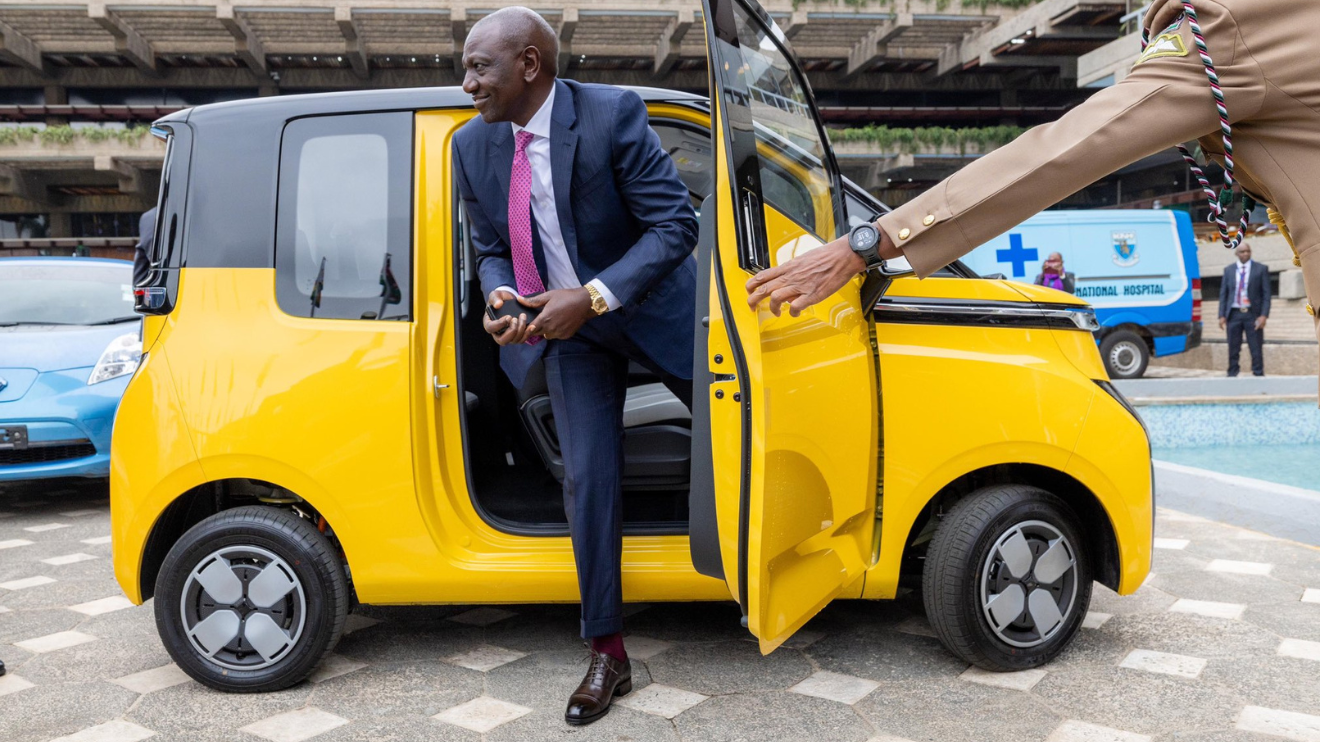In a world increasingly focused on sustainable energy solutions and environmental conservation, the move towards electric mobility has gained significant momentum. Kenya, in particular, is witnessing a surge of interest in electric vehicles (EVs) and the concept of retrofitting traditional combustion engine vehicles into electric ones.
A recent report by the Kenya Institute for Public Policy Research and Analysis (Kippra) highlights the role of startups in this transition and the challenges they face.
Retrofitting, the process of converting petrol or diesel vehicles into electric ones, offers an attractive solution for individuals and businesses looking to reduce fuel consumption and minimize their carbon footprint. The primary advantage of retrofitting is its cost-effectiveness compared to purchasing new EVs. This makes it an appealing option for many households in Kenya, where the cost of brand-new electric vehicles can be prohibitive.
Startups like Opibus, operating in Kenya since 2017, are leading the way in this retrofitting revolution. Opibus has not only converted off-road vehicles for safari use but has also ventured into the electric motorbike sector, demonstrating the versatility of retrofitting. According to the Kippra report, retrofitted vehicles are already reducing carbon dioxide emissions, contributing to a cleaner environment.
The transition to electric mobility in Kenya is at an early stage, but it has significant growth potential, particularly in the two- and three-wheeler sector. With over two million motorcycles in the country, many riders have expressed interest in converting their engines to electric. Startups play a crucial role in providing technical expertise and innovation in this field, thereby establishing a home-grown supply chain for electric two and three-wheelers. Furthermore, startups have the potential to transform the public service vehicle (PSV) sector in Kenya. As larger vehicles such as minibuses and buses gain popularity, retrofitters can help investors reduce operational and maintenance costs, ultimately increasing revenue for PSV operators.
However, the Kippra report emphasizes the importance of setting technical safety standards to ensure the safety of retrofitted vehicles. Patents by automotive makers could also pose potential challenges to retrofitting efforts, and these need to be addressed to support the successful conversion of vehicles to electric power.
As the world strives to reduce greenhouse gas emissions and shift from fossil fuels to clean energy, the role of startups in driving electric mobility in Kenya is pivotal. These innovative companies are not only helping reduce carbon emissions but also making EVs more accessible to a broader segment of the population. With the right standards and support, these startups are poised to play a key role in Kenya’s journey towards sustainable and electric transportation.
The future of electric mobility in Kenya is bright, with startups leading the way in retrofitting and innovation. While there are challenges to overcome, their efforts are instrumental in making electric vehicles a more practical and affordable option for the country. By addressing standards and patent concerns, startups can help Kenya make a significant leap towards a cleaner and more sustainable transportation sector.

















